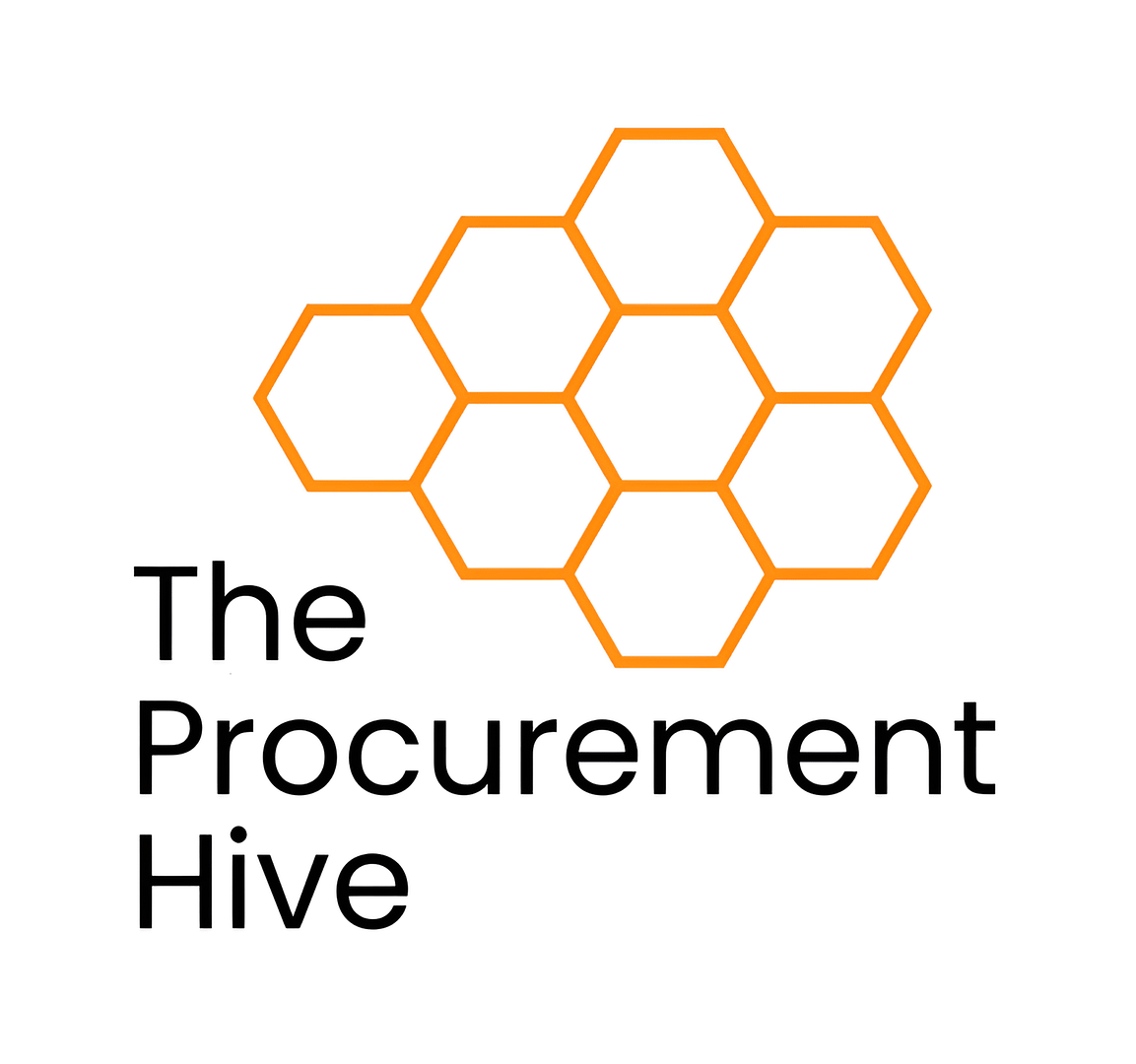Introduction
As procurement and supply chain management grows and evolves, standing still is not an option. As technology reshapes industries and sustainability becomes central to business strategies, employers are actively seeking procurement professionals who bring not only experience but also proof of up-to-date skills and knowledge. Earning a professional certification is one of the most effective ways to showcase your commitment to excellence and accelerate your career growth.
Here are the top procurement certifications in 2025, and the key reasons why they remain valuable in today’s job market.
1. CIPS (Chartered Institute of Procurement & Supply)
Why It’s Valuable:
CIPS certifications remain the gold standard for procurement professionals globally. From entry-level to executive roles, CIPS qualifications demonstrate a deep understanding of procurement processes, risk management, and strategic sourcing. Employers, especially in the UK, Europe, Middle East, and Africa, frequently list CIPS as a preferred or required qualification.
Who Should Consider It:
Anyone from early-career buyers to procurement directors looking to formalise and enhance their knowledge.
Standout Advantage:
The MCIPS (Member of the Chartered Institute of Procurement & Supply) designation is highly regarded and often tied to senior leadership roles.
2. CPSM® (Certified Professional in Supply Management)
Why It’s Valuable:
Offered by ISM (Institute for Supply Management), the CPSM focuses on the broader supply management spectrum, blending procurement expertise with supplier relationship management, contract negotiation, and strategic sourcing skills. It’s particularly recognised in North America and multinational corporations.
Who Should Consider It:
Mid- to senior-level professionals aiming to expand from tactical buying to more strategic supply chain roles.
Standout Advantage:
Emphasises leadership, analytics, and strategy – skills that are increasingly sought after in global organisations.
3. CSCP (Certified Supply Chain Professional)
Why It’s Valuable:
Granted by ASCM (formerly APICS), the CSCP focuses on end-to-end supply chain management, including procurement, logistics, and operations. In a world where supply chains are more integrated than ever, CSCP-certified professionals have a distinct edge.
Who Should Consider It:
Procurement professionals aiming for cross-functional roles or leadership positions that bridge supply chain and sourcing functions.
Standout Advantage:
A great choice for career versatility – many procurement leaders have CSCP to highlight their holistic supply chain expertise.
4. CPP (Certified Procurement Professional)
Why It’s Valuable:
Offered by the American Purchasing Society, CPP is a flexible certification known for its practical focus. It covers essential procurement knowledge, ethics, and best practices and is recognised in both private and public sectors.
Who Should Consider It:
Professionals seeking a quick yet credible certification, especially in industries where niche procurement knowledge is valued.
Standout Advantage:
More accessible with fewer prerequisites, making it ideal for career changers or professionals looking to upskill rapidly.
5. SCPro™ (Supply Chain Professional Certification)
Why It’s Valuable:
Developed by the Council of Supply Chain Management Professionals (CSCMP), SCPro™ is known for its rigorous multi-tiered approach. It validates both strategic and operational supply chain competencies, including procurement, logistics, and analytics.
Who Should Consider It:
Senior professionals seeking a comprehensive credential that signals advanced capability across supply chain functions.
Standout Advantage:
SCPro’s three-tier model enables professionals to progress their certification in line with their career advancement.
Why Procurement Certifications Are a Smart Investment in 2025
Proof of Skill in a Competitive Market:
With procurement becoming more strategic, certifications show employers you have mastered modern techniques, tools, and practices.
Higher Salary Potential:
Numerous salary surveys indicate certified procurement professionals earn significantly more than their uncertified peers.
Access to Better Roles and Promotions:
Certifications often serve as prerequisites for leadership roles, especially in multinational organisations.
Continuous Professional Development:
The best certifications require ongoing education, keeping you current on market trends, sustainability, digital procurement, and risk management.
Conclusion
In 2025, procurement leaders are expected to navigate complex global supply chains, drive cost savings, support sustainability goals, and adopt digital tools. The right certification helps you prove you’re ready for these challenges, and positions you as a credible, future-ready professional.
Thinking about advancing your procurement career?
Start by identifying your goals and industry needs, then choose the certification that aligns with your aspirations. Then speak with The Procurement Hive. It’s one of the smartest career moves you can make.


